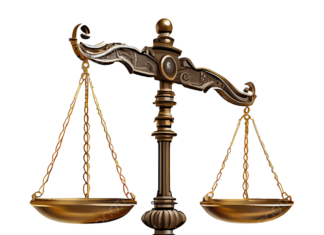By Jeph Ajobaju, Chief Copy Editor
Africa has the costliest internet access, no thanks to low infrastructure investment, few suppliers, and a huge population of 1.32 billion – most of them young folks keen on engaging the global village, even if the cost is high.
On the continent, the average price for one gigabyte of data costs 7.12 per cent of average monthly income, more than three times higher than the defined affordability benchmark of 2 per cent of average income elsewhere.
In monetary terms, that means paying $3.40 more per gig for mobile data. So, across the continent, average internet penetration rate is a mere 24 per cent.
Weak competition heightens other myriad challenges to cast doubt on getting all the old and all the young on the world’s third most populous continent hooked up online by 2030.
That vision requires $100 billion in investment to actualise, in the hope the larger chunk of the money will be ring-fenced for infrastructure.
At the moment, most African countries do not have policy to make that spending worthwhile, according to the latest broadband affordability report by the Alliance for Affordable Internet (A4AI).
The report analyses the current ability of national policies to “lower industry costs and ultimately create more affordable broadband.”
Effects of ‘consolidated markets’
More African countries are in the bottom half of the Affordability Drivers Index scores than in the top half. One primary reason, the report notes, is the lack of competitive markets to drive multiple broadband operators.
On average, A4AI estimates users in countries lacking significant competition, also called “consolidated markets”, pay an extra $3.40 per gig for mobile data.
There are more “consolidated markets” in Africa than on other continents.
According to Quartz Africa Weekly, one example is Ethiopia, Africa’s second most populous country, where the state-owned telecoms company has an enduring market monopoly.
Ethiopia is ranked the second-worst on the affordability index, only ahead of Yemen, a country ravaged by war.
This reflects the relationship between competitive markets and broadband affordability,
The findings by A4AI back the report of a research by Ecobank in 2018 which showed a link between the number of mobile network operators in a country and the local data prices with competition driving down prices – as seen in Nigeria.
The report found that while the price of one gig of data is higher in countries with only two networks, it is much lower in markets with more competing networks.
“In terms of competition, gaps exist. We need to change that equation [because] the only way users benefit is to have multiple players in the market,” says A4AI Executive Director, Sonia Jorge.
“We don’t think that it’s a cool idea to have people come online just because… It’s mostly because [getting connected] is transformational.”
Two African countries – Cameroon and Mali – top the list of countries making the most progress in improving broadband affordability.
That progress is mostly down to updating national broadband plans, so it is a job half-done “because policy is not enough if we don’t see the impact of policy,” Jorge says.
Internet growth to match population rise
There is a rapid growth in internet usage despite high cost of access and the expected population boom in Africa, the youngest continent by age of population.
That twin drive presents a good opportunity for the world’s largest tech firms staking big on internet infrastructure and ensuring hundreds of millions of potential customers get online to use their services.
With internet penetration rates on the continent estimated at an average of 24 per cent, it remains the only continent where over half of its 1.32 billion population is without internet access.
Nonetheless, that figure represents some improvement given internet connections stood at 2.1 per cent in 2005.
Africa recorded the highest growth in internet use globally between 2005 and 2018, a significant milestone.















